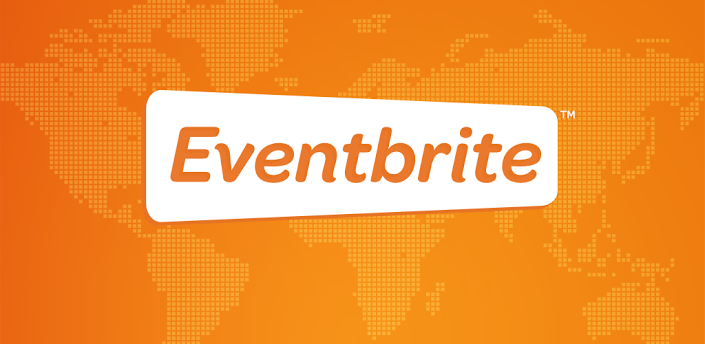As social networks has gradually become part of lifestyle in the recent years, many world leading corporate and innovative enterprises start to develop online community service and try to find a niche market to create profit. Eventbrite and Meetup are two of the outstanding websites for online event planning service. Both of them possess different value propositions in the functions, services, and profitable methodology.
Eventbrite is well known for its tickets selling and collecting services, which is named as a Ticketmaster’s business with a simpler, more economical model (The New York Times, 2009). It provides people around the world to organize, to set up ticket sales, to promote events of any size, and also gives users to publicize and share their activities with friends through Facebook, Twitter, and e-mail directly from the site’s interface.
In 2012, there were totally over $1 billion ticket sales through Eventbrite, activities were held in 179 countries, and Eventbrite app was downloaded with the number of 1.8 million.
In the review, many significant events were promoted as extraordinary record; for example, the meet up for thousands of New Yorkers did yoga in Times Square. As we can see the problems that Eventbrite present its performances mainly with the number of tickets being sold in the perspective of accumulative single events rather than a continuous relationship with users. It is evidential that there are quite few “likes” for announcements on Facebook page or Twitter compared to its followers, even not to mention the continuous conversations. It is hard to sustain customer’s loyalty without interactions.
In comparison with Eventbrite, Meetup is more successful in the function of social networking, which emphasizes more on the concept of local community and direct interactivity and discussion on the Meetup website. Even though the balance of establishing and maintaining online communities is always a tough mission for business, consumers are mostly fascinated with the diverse experiences in particular societies and the excitements of making new friends with common interests. Through creating a sense of belonging and community, corporates will be able to develop the customer-to-customer and customer-to-business relationship management in the long-term perspective to maintain the stably increasing revenue, which would be the scope of relationship marketing (Rowley, p.148, 2002).
近幾年來,社群媒體逐漸成為一種生活方式,許多的領導品牌也開始發展網路社群,以尋找利基市場創造利潤。Eventbrite及Meetup是兩個相當成功的線上活動規劃平台,然而兩者確有不同的市場定位及商業模式。Eventbrite曾被譽為訂票大師,以其簡單且方便的訂票系統出名,相當受使用者喜愛。不論是訂票者或是活動主持單位,都能夠透過Eventbrite輕鬆訂票與蒐集來賓資料。Eventbrite同時也是全球企業,所有人都能夠透過這個網站預定想參加的活動,並且能夠分享參與在自己的臉書、推特的社群媒體上。
在2012年,Eventbrite已經有超過十億美元的訂票銷售總額在179個國家進行。Eventbrite App的下載率也高達1800萬的次數,更是有許多國際知名的大型活動也都會選擇在Eventbrite的平台作為宣傳與集票系統。例如,美國紐約客透過Eventbrite號召人氣聚集在時代廣場做瑜珈的活動,便是其中一個知名的個案。儘管Eventbrite的名氣如此響亮,其網站提供的服務大多是一次性的消費,而非長遠的顧客關係維持。尤其是從Eventbrite在其他社群網路上的分享及點閱率,更是能夠看出來。因此如何增加顧客忠誠度以及提供使用者間的互動,將會是Eventbrite下一個需要注意的課題。
相對地,Meetup提供的服務更重視社群功能,強調與當地社群的結合,並能夠在網頁上做直接的互動與討論,使用者也能夠同時瀏覽不同的社群,並藉此結交有相同興趣的朋友。雖然網路社群最大的挑戰是維持與管理,創造歸屬感一直視社群管理的關鍵。公司也能夠透過創造歸屬感,發展C2C或C2B的長期關係,以為持穩定增加的營收。

No comments:
Post a Comment